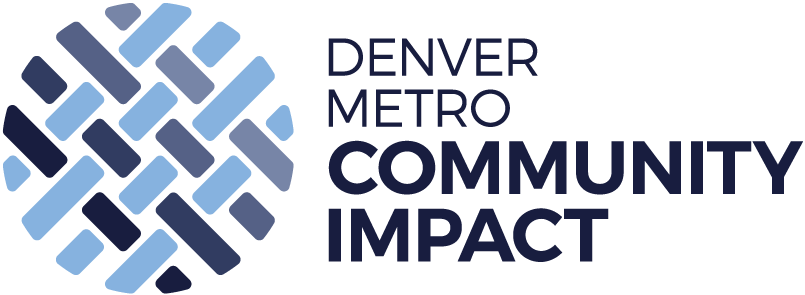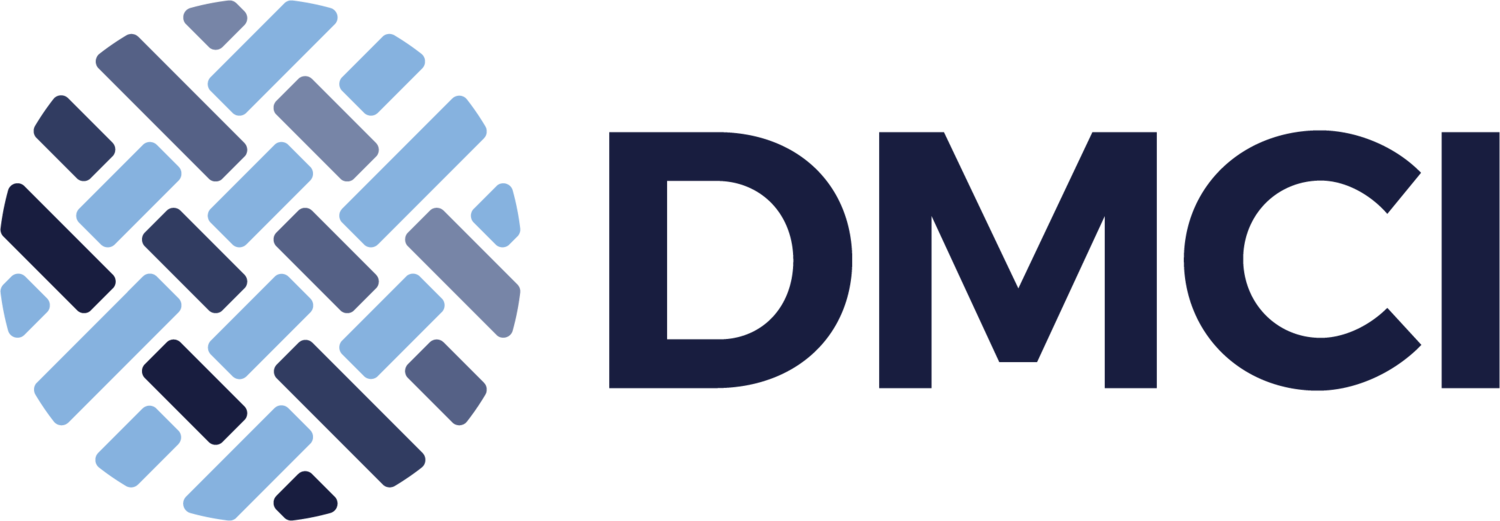Community Voice Report - Reimagining Montbello
2021 DMCI Community Voice Report - Reimagining Montbello
Copyright: Denver Public Schools
Overview
Equity for a Systemically Oppressed Community
The impacts of systemic oppression and racism are alive and continually reverberating throughout the community impacted by the Denver Public School District’s (DPS) Reimagining Montbello project. Denver’s Montbello neighborhood has great diversity in race/ethnicity and income. However, like most urban neighborhoods across the country, these areas have been heavily influenced by institutional practices that have reinforced social inequity. These inequities cause challenges for engaging a changing neighborhood, where the platform for a community’s voice typically belongs to those with privilege. This privilege manifests in many ways and can overrepresent the viewpoints of a community. Those without the benefit of free time are often unheard, missing out on helping shape the future of their environments. Without these voices, communities continue to develop and change in ways that cater to the privileged, further contributing to inequitable neighborhoods. The efforts of this project were to promote equity within the community’s voice and ensure that the marginalized are respected by gaining opportunities to help shape the future.
About Reimagining Montbello
In 2010, Montbello High School was identified by the Colorado Department of Education (CDE) as one of the lowest-performing schools in the state. Federal funds were made available to initiate a regional turn-around process that resulted in changes to several schools. With input from the Far Northeast (FNE) Community Committee, those changes resulted in new feeder elementary and middle schools, and Montbello High being phased out and replaced with three smaller school programs. Since that time, DPS has continued to hear a desire to have a single comprehensive high school in the heart of the Montbello community – at the Montbello Campus.
In 2017, DPS conducted a series of meetings throughout the FNE region specifically to listen for areas of concern as identified by the community. The FNE Commission was established to better understand the community’s most pressing priorities and inform future district policymaking from that input. DPS worked with the Board of Education and community partners to gather, once again, the community input through informal conversations among neighbors, over 32 community meetings, polling, and surveys. As a result, over 85% of respondents wanted to see the return of a comprehensive high school on the Montbello campus, and DPS began to move forward.
In 2019, DPS began a conversation around the potential for significant facility upgrades at the Montbello campus. It became clear through the community that any facility conversation needed to pair with a discussion about the return of a comprehensive high school. In preparation for unifying the schools, DPS worked with community members throughout Montbello and engaged with the staff, students, and families at DCIS-Montbello, Noel Community Arts, and Collegiate Prep.
In 2020, Denver voters graciously approved the bond, and DPS began Design Phase I of the Reimagine Montbello process. The first phase of the process ran from March through May and was focused on principal hiring and working with the community to develop the school programming and facility design.
In early 2021, the Reimagining Montbello Representative Community Working Group (RCWG) was formed as a community-representative working group of students, staff, alumni, parents/guardians, and community partners to provide input on the school’s key academic program design and facility design. The RCWG was reflective of Montbello’s diversity while providing a platform for community voices to inform and lead the process.
This project was divided into four sequential topics:
Vision, Mission, and Academics
Renovation, New Build, and/or Shared Campus
School Culture, Staff Culture, Student Experience
Middle School
The Community Navigator Program
As the Denver Public School District (DPS) embarked on Reimagining Montbello and the return of a comprehensive high school with a feeder middle school to the Montbello Campus, the primary question was how to make it happen. As a result, the district sought an external partner to help support outreach to ensure diverse representation.
DPS selected DMCI as the external community partner in serving as the strategic backbone of a collection of community organizers, youth, parents/guardians to elevate the community’s voice, focusing on equity, using our Community Impact Workflow as a guide. With DMCI as a partner and communication point, DPS was able to focus on responding directly to the needs and desires of the community. In addition, DMCI provided qualitative data reports derived directly from the collective voice and fortified the community’s viewpoints with quantitative data.
Community Advocates
The community is the primary partner and director of this work and the resulting reports. DMCI worked with six leaders from within the community to provide the best platform for elevating the community’s voice. These Community Advocates are connected to the community in various ways and recognized as leaders.
Dialogue Circles
The Community Advocates organized Dialogue Circles throughout Montbello regarding the project. The Circles were structured to increase equity by providing intentionally smaller (typically 8-12 participants) and more comfortable settings for residents and community members to participate, lending their personal experiences, thoughts, and desires regarding the project. In addition, the Circles intended to amplify the voices of those in the community that are systemically oppressed and not typically heard in public processes.
The Dialogue Circles were designed with the intent to outlast the Reimagining Montbello process, giving DPS and others seeking community-led approaches a well of leadership and voice to draw from, as the Circles will be owned and sustained by the community. During the length of Reimagining Montbello, DPS used the Circles to glean input at every stage of the process. This platform provides community members opportunities to engage in the work deeper while collecting community voice, defining success, and recognizing community leaders.
1-on-1 Conversations
To provide even more equitable platforms for galvanizing, Community Advocates led 1-on-1 Conversations throughout the community. This engagement method gives community members a chance to voice their opinions, experiences, and desires for the project, regardless of potential aversions to group meeting dynamics or availability to attend.
Closing the Feedback Loop
In response to the community feedback gathered through the Dialogue Circles and 1-on-1 Conversations, the Representative Community Working Group (RCWG), School Administrators, and the DPS School Board made recommendations, produced collateral, and made decisions. DMCI closed the feedback loop by sending that information back out to the community through the Community Advocates.
Data Processing & Administration
To support the work of the Community Advocates, Denver Metro Community Impact (DMCI) handled the data input synthesis, analysis, and reporting. DMCI also served as an administrative and community engagement strategy consultant.
Overarching Goals of Phase I
Promote participation from underrepresented and marginalized neighbors impacted by the Reimagining Montbello project, including but not limited to African-Americans, Latinx, seniors, youth, and renters.
DMCI Methodology
Thematic Analysis
Thematic Analysis looks at patterns of meaning in a data set – for example, a collection of notes or transcripts of 1-on-1 Conversations and Dialogue Circles. A Thematic Analysis takes bodies of data and groups them according to similarities/themes. The themes help us make sense of the community’s experiences, desires, concerns, rejections, and sentiments regarding the project.
Step 1: Audio Transcription/ Note Taking
DMCI gets familiar with the data in this step, reading through notes and syntheses provided by Community Advocates.
Step 2: Coding
After collecting the notes and transcripts, we begin to “Code” the data, highlighting and relating phrases and sentences with shorthand labels that group similarities.
Step 3: Generating, Reviewing & Naming Themes
After coding, themes emerge from the data in the form of specific topics mentioned multiple times. These themes are then reviewed across our team and named to identify the shared perspectives of community members.
Step 4: Write Up and Analysis
In the final step, we tally up the results, write up our analysis, and present the major themes, reflecting the community’s collective voice.



